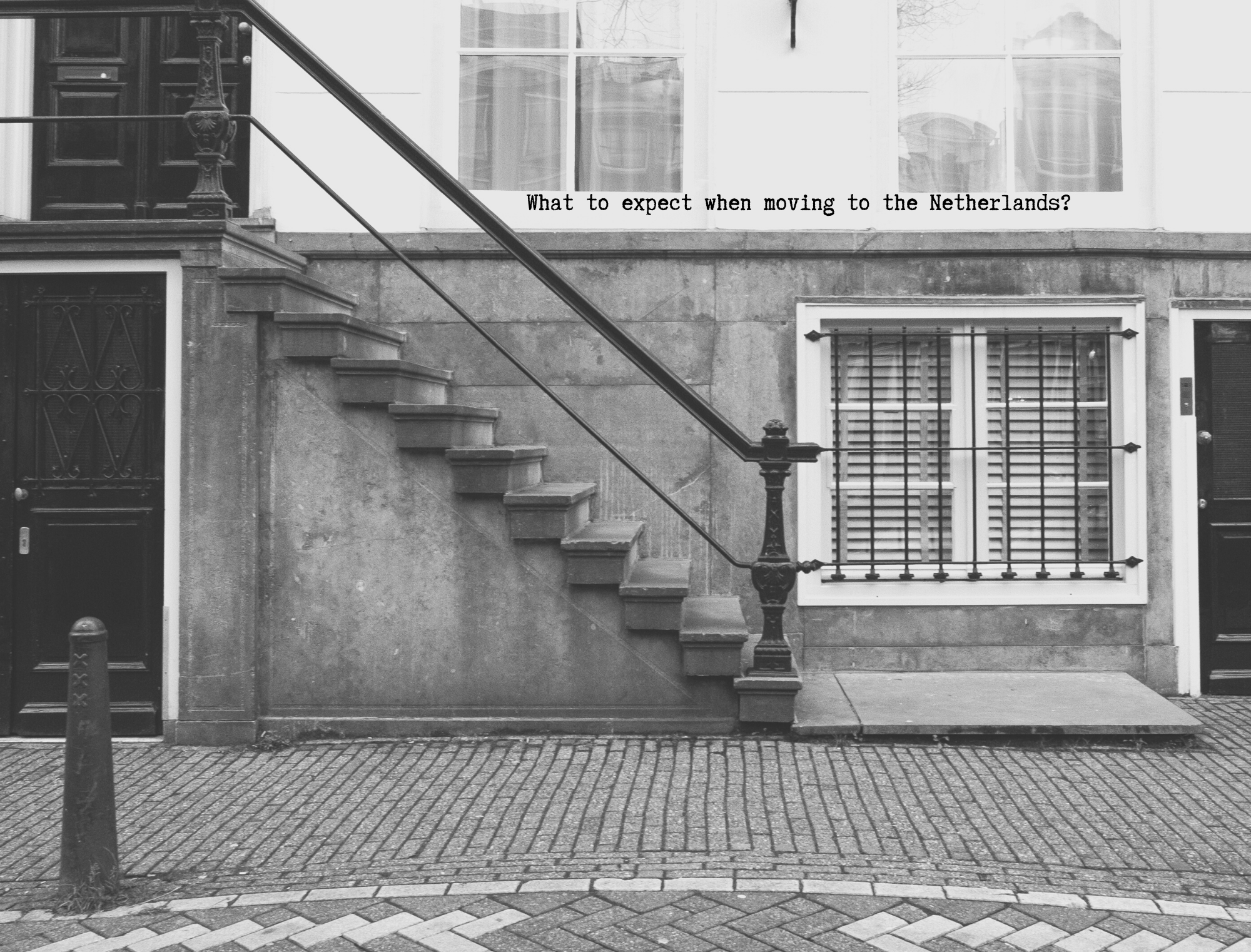Firstly, we would like to congratulate you on getting a job in the Netherlands. We don’t want to brag, but this is really a great country with many possibilities. Our candidates, who also moved to our little country, agree on that. You can visit Amsterdam’s canals, the Garden of Europe, the Rijksmuseum, The National Park, and many more places.
We help you arrange accommodation, a visa, a bank account, health insurance, and everything around it to answer all your questions. But, if you’re the one who is organising some of the things, we are glad to help. Luckily, the Dutch are the most proficient English speakers in the world, and there is a lot you can find on Google. So, basically, you don’t need us. 😉 But we don’t care; we’re insisting on helping you with providing the right information!
Step 1 – Registering with the municipality
When moving to a particular city, you have to register with the municipality where you will live. This is if you are going to stay in the Netherlands for more than 4 months. Please do this within 5 days of arriving in the Netherlands.
When you register, the municipality will provide you with a
- (1) citizen service number (BSN). This is a unique registration number for everyone who lives in the Netherlands. You need this number to get healthcare, pay taxes, contact the government, etc.
- (2) registration in the BRP (personal records database). This is a database where all residents of the Netherlands are listed. The Dutch authorities need this to issue official documents, such as passports or know who can vote in elections.
However, there is a catch for the newcomers for which, of course… we have a solution!
If you want to register with the municipality, you have to have a place to live. But, if you’re going to rent a home, you have to provide the so-called ‘bank statement’ or a contract, and last, but not least: a BSN number.
So, there are two options from which you can choose:
- (1) Either you request a temporary BSN number. You can request one directly at the expat centre in Amsterdam.
- (2) Either you ask your employer to be your guarantor for the rent.
Read also: 12 things we love about the Netherlands
Step 2 – Taking care of health insurance
Everyone who lives in the Netherlands must have basic Dutch health insurance from the first day of work. You are required to enrol with a health insurer to cover medical expenses within 4 months of arrival. When your municipality arranged for you a BSN, you can apply for Dutch health insurance. Without the BSN, you can’t arrange anything.
You are free to choose your own health insurer and even change your health insurer once a year. You can google for a Dutch health insurance comparison, and you will have many results. But, if you’re lazy, just ask any Dutch person what kind of health insurance they have. If you are an average, healthy person with very little (or none at all) complaints, there is not that much you can do wrong.
DigiD
Dutch citizens often use a digital identity system when dealing with the government. This way, they don’t need to make a physical appointment or making phone calls. They can take care of most of their affairs digitally.
Taxes
When you live in the Netherlands, you need to pay tax. You don’t need to do anything to apply. You will automatically get a blue letter from the Dutch Tax Authority. We must warn you that the tax system for emigrants is a little different from the locals. When you move into the Netherlands or move back to your country, you will receive an M-form. But… more about that in another blog. 😉
Finding a General Practitioner
We hope you don’t need a GP, but if you do, it’s nice to have one when you need it. It’s not a requirement, but you can ask your insurer or municipality for a GP. It’s usually a GP in your city or somewhere nearby. In case you need one, it’s helpful to know where to call.
Driving license
Your foreign driving license is valid for six months after arrival. When you have an EU driving license, you can automatically convert it to a Dutch driving license. If you have a non-EU driving license, you will have to take classes and do an exam. Be aware that such courses are expensive, and taking an exam is costly. In addition, the success rate is for exams is very low (only about 50%). Costs for getting a driving license are amongst the highest in the world (±2400 EUR). One exemption applies if you are a highly skilled migrant and are eligible for the 30% ruling; in that case, you may automatically convert your foreign driving license into a Dutch one.
Below, you can find important websites where you can find more needed information. Of course, you can always ask us for the advice! Good luck, and welcome to the Netherlands! We are happy to have you. 🙂
General information about the Dutch government
Information about health insurance
Information about the taxes
Applying for a DigiD
Expat centre Amsterdam
Are you looking for a career in chemicals, food, or life sciences? Check Our Work. Can’t find the right vacancy? Let us know! We have more to offer. 🙂 Follow our LinkedIn company page!

